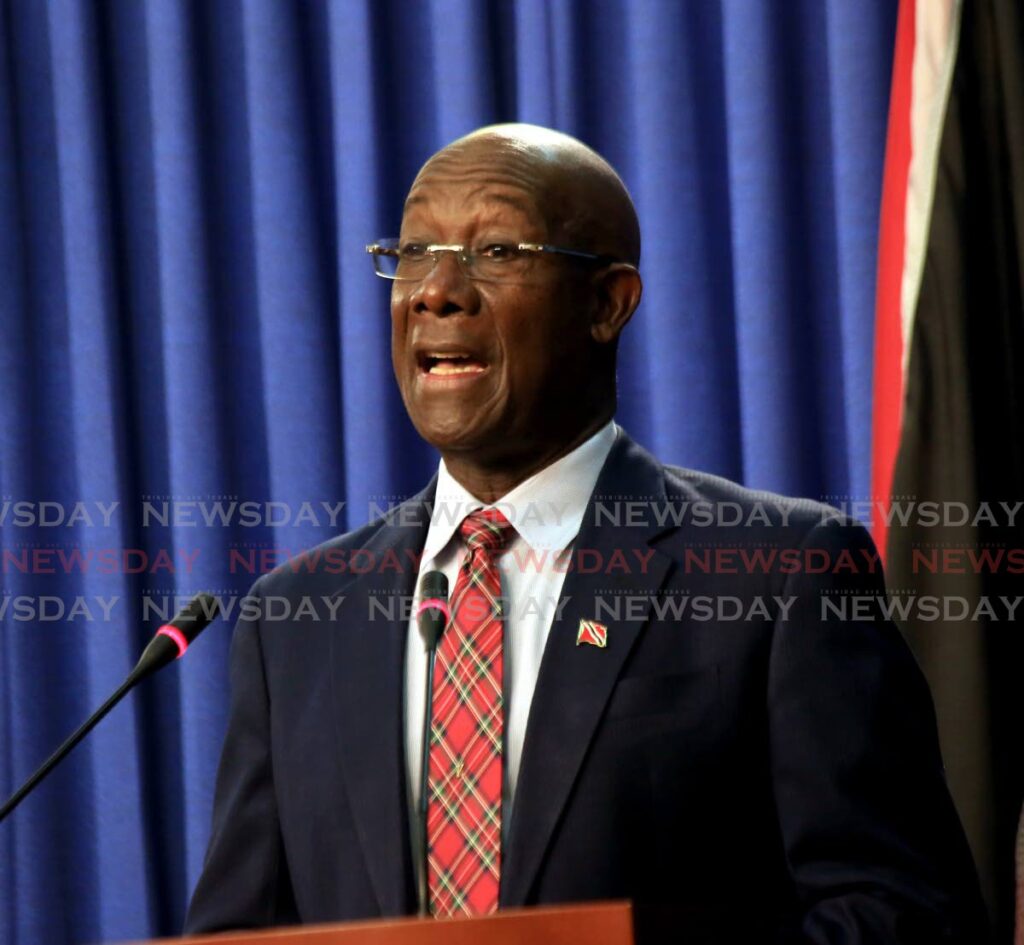Putting TT history where it should be

THE LENGTH of time it has taken Cabinet to set up a committee to review public monuments and street names tells us this is no knee-jerk reaction to contemporaneous events.
At the same time, that it has taken so long for this body to be set up (the longstanding issue of the need to re-evaluate our public engagements with history came to a head two years ago) is a worrying sign.
We hope the work of the committee – to be chaired by emerita professor Bridget Brereton – will not meet the same fate as so many other Cabinet-appointed bodies which have come and gone, their recommendations often left to gather dust.
Still, while short-term logistics, bureaucracy and political calculations may factor into the planning and execution of government policy, history is concerned with the long term.
This committee should be seen not as merely the offshoot of a desire by the Prime Minister to have these matters addressed, but as an opportunity to set in motion a culture of deep engagement with the living legacy that is our country’s rich and complicated heritage.
There is a need not only to review which people we venerate in our public spaces and why, but also to safeguard and promote the narrative of who we are.
That means paying greater heed to historical nuances when dealing with contemporaneous events, shining a brighter spotlight on the past, ensuring more people have access to information, and bolstering the institutions that can assist in such things, be they archives, heritage bodies, museums or tertiary-education entities.
While we demur, people elsewhere are taking the opportunity to encounter and explore our history.
The recent project of the National Museum of Wales to reframe its engagement with former Trinidad governor and tyrant Sir Thomas Picton, with the participation of TT national Gesiye Souza-Okpofabri and members of the TT diaspora in the UK, is an example of the range of possibilities.
The Reframing Picton project invites us to reflect, not gloss over, the past. It is just one iteration of a wider movement in the United Kingdom to come to grips with colonialism.
Such efforts, however, have not been without controversy, given the polarising “culture wars” that have emerged in some countries.
Hints of such contentiousness are evident here, for instance, when we consider the opposing camps that have formed in relation to the issue of the Port of Spain statue of Christopher Columbus.
But just because we disagree about history does not mean we should shun discussion of it or treat existing positions or their subjects as sacred cows.
Through engagement with as many viewpoints and institutions as possible, the new committee has an opportunity to bolster our grappling with matters which have for too long been ignored.

Comments
"Putting TT history where it should be"